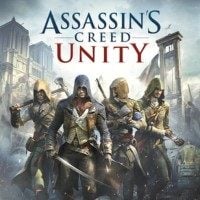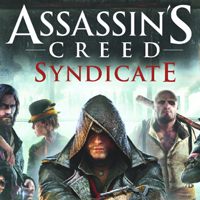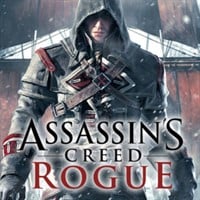The conflict between Assassins and Templars. Does Assassin's Creed need serious changes? Our thoughts versus Ubisoft dev
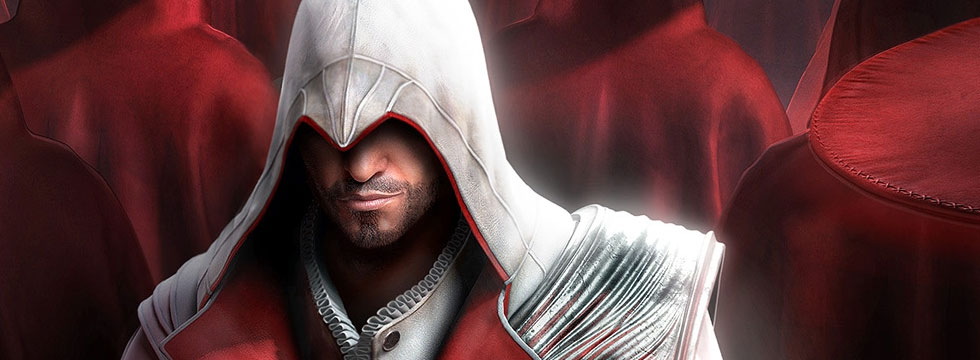
- Does Assassin's Creed need serious changes? Our thoughts versus Ubisoft dev
- Heroes’ charisma
- Leaping forward in history
- Fewer silent assassinations, more and more brawls
- Immersion in the game world
- Mechanics of exploration and conquest
- The neglected contemporary storyline
- The conflict between Assassins and Templars
- Annualization, or serial assassin
The conflict between Assassins and Templars
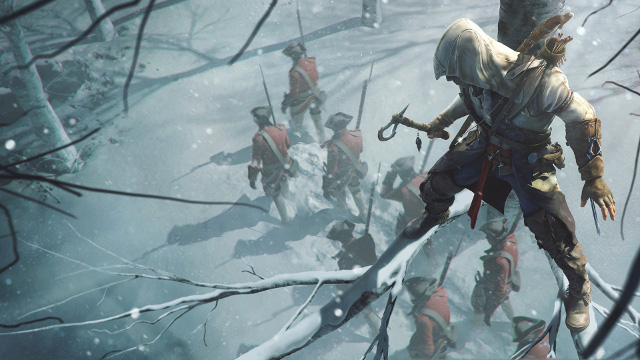
When the Assassin's Creed series saw the light of day we could find many faults in it but there was certainly no shortage of distinctive and charismatic characters, found on both sides of the conflict. Historical figures such as Al Mualim or Cesare Borgia had a lot in common with their real-life counterparts, and in addition they were given very distinctive traits that were impossible to treat with indifference. Such treatment was given not just to the abovementioned two – all adversaries as well as allies were memorable because of one very important detail. The motives and ideas that were a driving force behind their actions were completely believable. Every step on their path was clearly explained and compatible with the character created by the developers. Everything made ??sense and went in the planned direction, at the same time evoking extreme reactions of the players. Starting from the third installment, this began to slowly fade away... Can any of you name the "big bad" from Assassin's Creed IV: Black Flag? Or recall at least one of the Templars that we had to kill in Unity? Only a handful of people would have an affirmative answer – the others have long since forgotten such details. The conflict between Assassins and Templars now exists "just because" and lacks any greater depth. One side is good, the other is bad, and that's just the way it is. This is how thousands of players see it, even though – as mentioned by Scott Phillips in our interview – it all boils down to individual taste and preferences.
I disagree with the opinion that the conflict has become less interesting. On the contrary, I think it’s gotten more exciting over time! If you look at games such as Rogue or Black Flag or Unity, you see exactly how Assassins are portrayed and how Templars are portrayed. Both sides want what they consider to be the best thing for humanity; it’s just that their ideals are in direct conflict. The Assassins want freedom and openness, whereas the Templars want to control humanity. I think that it’s the sort of epic conflict that spans generations… and so far it hasn’t been resolved. In the present-day story we also have new characters introduced, like Juno, adding more epicness to everything. (…) In Syndicate everything is grey. The post-assassination moments, when we talk to the person we’ve just killed, are meant to make us ponder on whether we made the right call… as we‘ve done since the beginning of the franchise, and we want to continue that tradition. Yes, you are an assassin but maybe what assassins do is not the right way. And with Jacob and Evie, we are able to see the two sides of this conflict.
